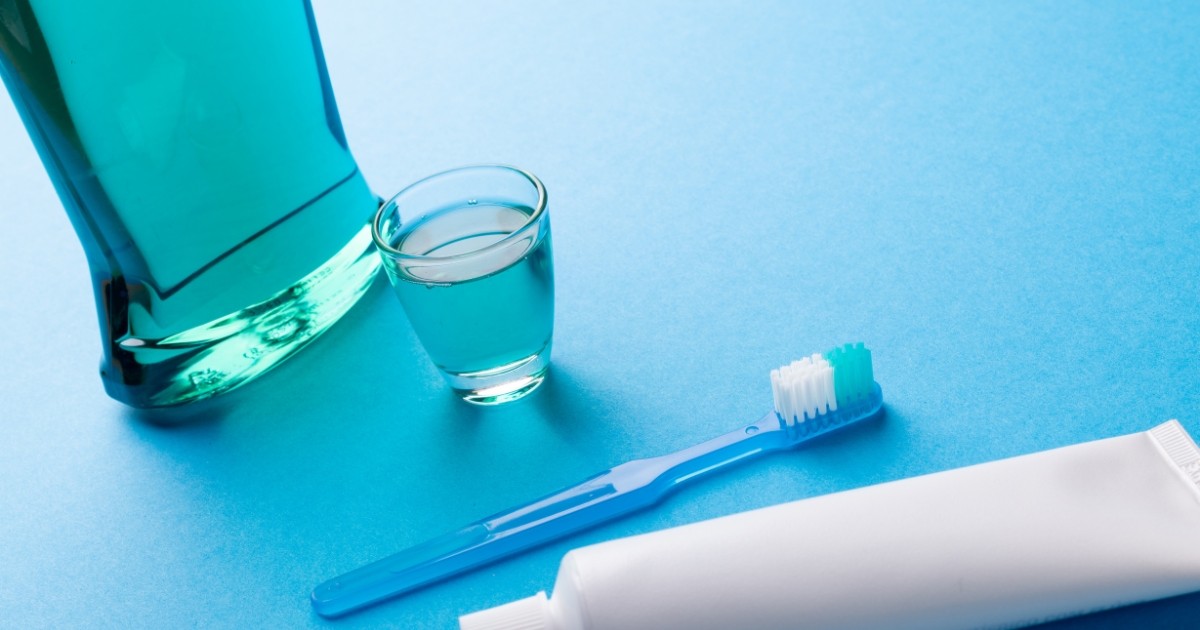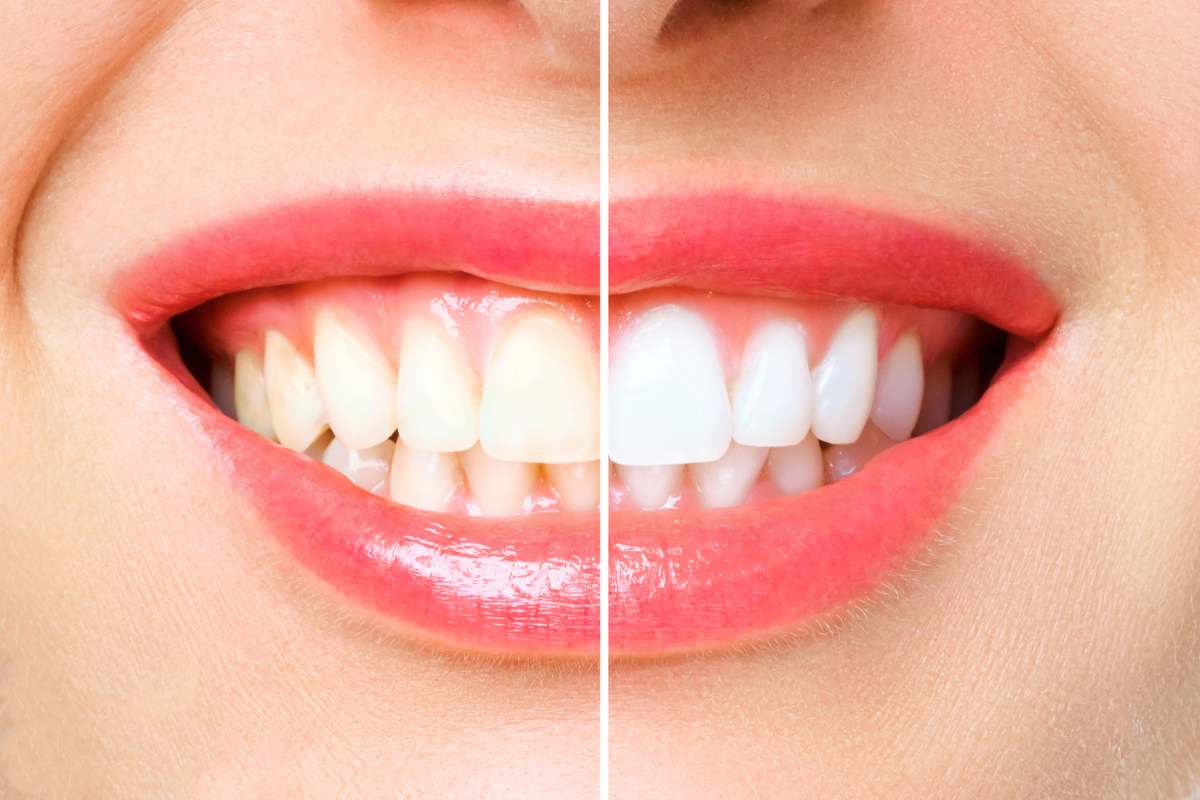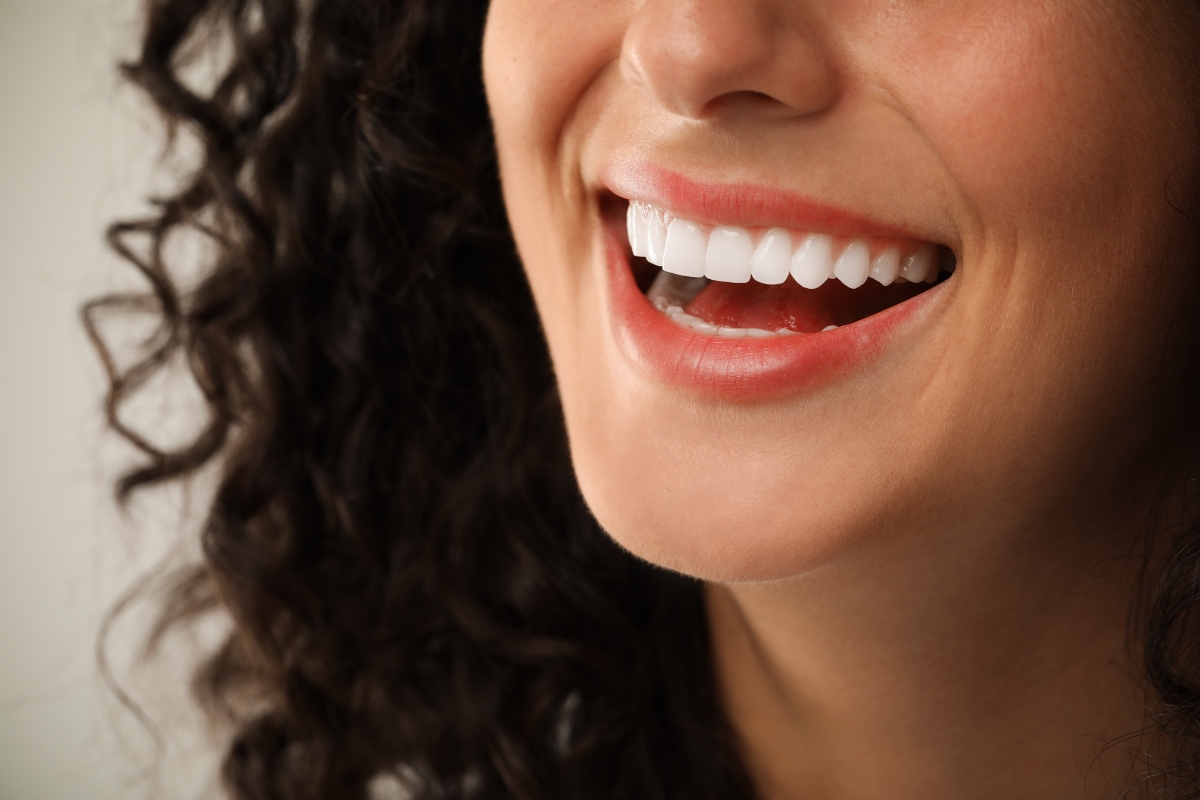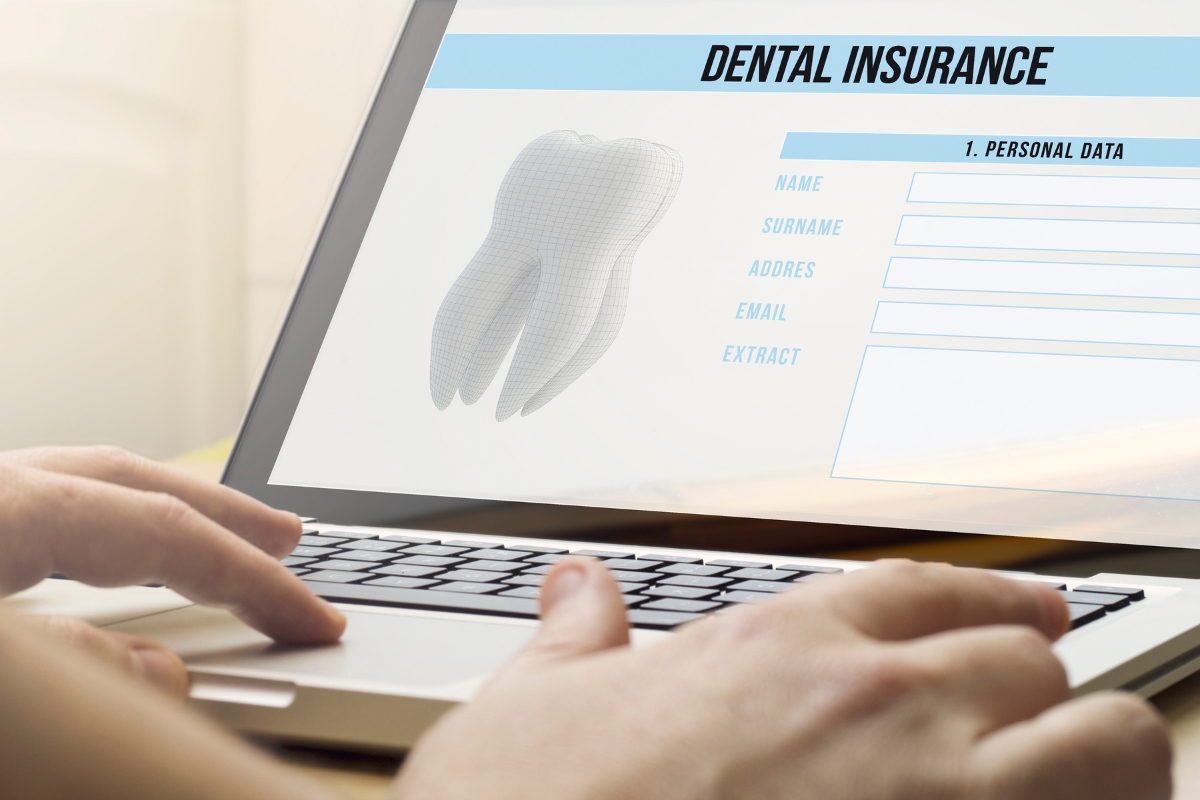Pay Online
Can You Use Mouthwash Before Brushing?

You’re standing at your bathroom sink, toothbrush in one hand, mouthwash in the other, and wondering: which comes first? Is it better to swish before you brush or the other way around? It might sound like a small detail, but this choice can impact your oral health routine. The debate about using mouthwash before brushing has been around for a while. Let’s break it down and explore how this order affects your smile.
Should You Mouthwash Before or After Brushing?
Mouthwash has long been associated with that fresh, minty feeling we all love. But when should you incorporate it into your routine? Some people argue that swishing with mouthwash before brushing helps loosen food particles, while others believe it’s best to use it after to clean away leftover bacteria.
Both sides have valid points, but the truth lies in your personal goals for oral care. To understand this, let’s dig a little deeper.
The Role of Mouthwash in Your Routine
Mouthwash isn’t just for fresh breath—it offers more benefits than many people realize. Beyond eliminating odor, it can help reduce plaque, fight gum disease, and even whiten teeth, depending on the type of mouthwash you choose. It acts as a liquid barrier, coating your teeth with fluoride or antibacterial ingredients.
When you use mouthwash before brushing, you’re giving these ingredients a chance to start working immediately, making brushing even more effective. Swishing before brushing helps break up surface debris and loosen plaque, making removing those particles easier for your toothbrush.
Benefits of Mouthwash Before Brushing
Using mouthwash before brushing offers several advantages. It clears loose food particles and bacteria, allowing your toothbrush to clean more effectively. Imagine it as the first wave of attack, softening the battlefield for the following toothbrush.
Also, using mouthwash first can help prevent cross-contamination between your toothbrush and mouth. If you brush first, you’re pushing bacteria into the bristles of your toothbrush, which can stay there until the next time you use it. Swishing mouthwash before brushing reduces this risk, as it cleanses the mouth beforehand.
However, it’s important to remember that while mouthwash is beneficial, it doesn’t replace brushing or flossing. It’s an added boost to your dental hygiene routine, not a substitute.
Should You Brush First, Then Mouthwash?
On the flip side, many dentists recommend using mouthwash after brushing to ensure you’ve cleared away as much plaque and food as possible before rinsing. After all, brushing is more mechanical—it scrubs and polishes your teeth, something mouthwash can’t do.
Rinsing after brushing might leave you with a cleaner-feeling mouth, and it can also help seal in fluoride or other active ingredients from your toothpaste. So, should you save the swish for last? That depends on your personal preference and dental needs. If you want a deeper clean first, using mouthwash before brushing could be the perfect addition to your routine.
Finding What Works Best for You
The good news is that there’s no strict right or wrong answer. Whether you choose to use mouthwash before brushing or after largely depends on your specific dental goals.
For those who struggle with plaque buildup or gum inflammation, using mouthwash first may help make brushing more efficient. However, if you focus on fluoride protection, rinsing with mouthwash after brushing may be a better choice to maximize the effects of the active ingredients.
Types of Mouthwash to Consider
Not all mouthwashes are created equal, so choosing the right type for your oral health needs is important. There are several options to consider:
- Fluoride Mouthwash: Ideal for strengthening enamel and protecting against cavities.
- Antibacterial Mouthwash: Helps reduce plaque and fight gum disease by targeting bacteria.
- Whitening Mouthwash: These contain mild bleaching agents to help remove surface stains.
- Alcohol-Free Mouthwash: A gentler option for sensitive gums or dry mouth.
Whatever you choose, follow the instructions on the bottle. Overuse can sometimes lead to irritation or dry mouth, so moderation is key.
How Often Should You Use Mouthwash?
Timing and frequency matter. You don’t want to overdo it with mouthwash, as using it too often can potentially lead to issues like dry mouth or irritation of the oral tissues. Most dentists recommend using mouthwash once or twice daily as part of a comprehensive dental routine. If you’re unsure of what to do, consult a licensed dentist to get answers to your queries.
At the end of the day, the order in which you brush and use mouthwash comes down to your preference and what works best for your teeth and gums. Mouthwash can be an excellent tool in your dental routine, whether before or after brushing. Just remember, it’s not a replacement for proper brushing and flossing. Both mechanical cleaning (brushing) and chemical cleaning (mouthwash) are essential in keeping your mouth healthy. It’s also good to know that you can’t expect the same outcome as a professional teeth whitening treatment from regular brushing. A professional dental treatment offers better results than you can imagine.
Experiment with your routine and find the order that makes your mouth fresher. Your smile deserves the best care, and whether you swish before or after brushing, you’re already one step closer to maintaining a healthy, sparkling mouth. When in doubt, contact your local dentist for guidance.





